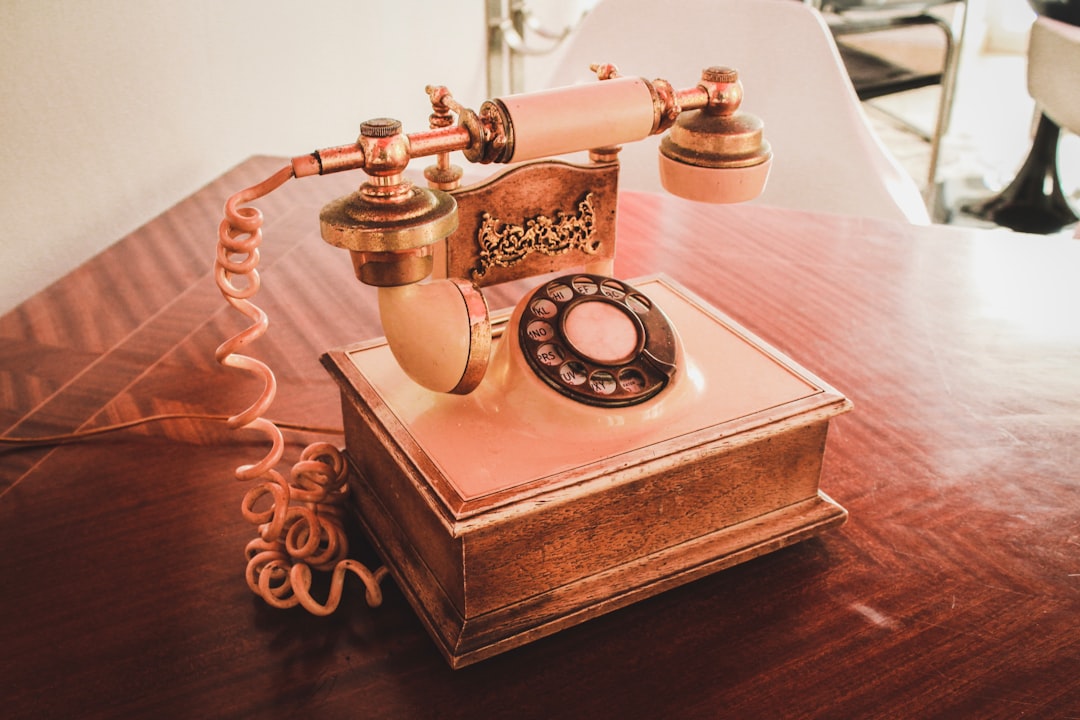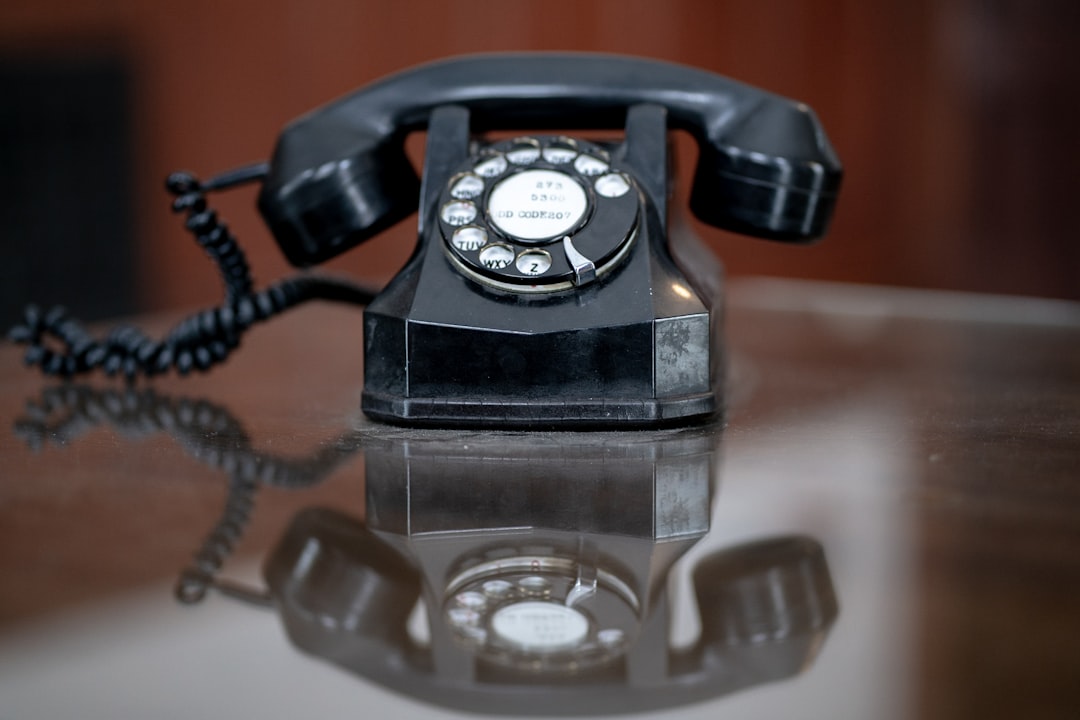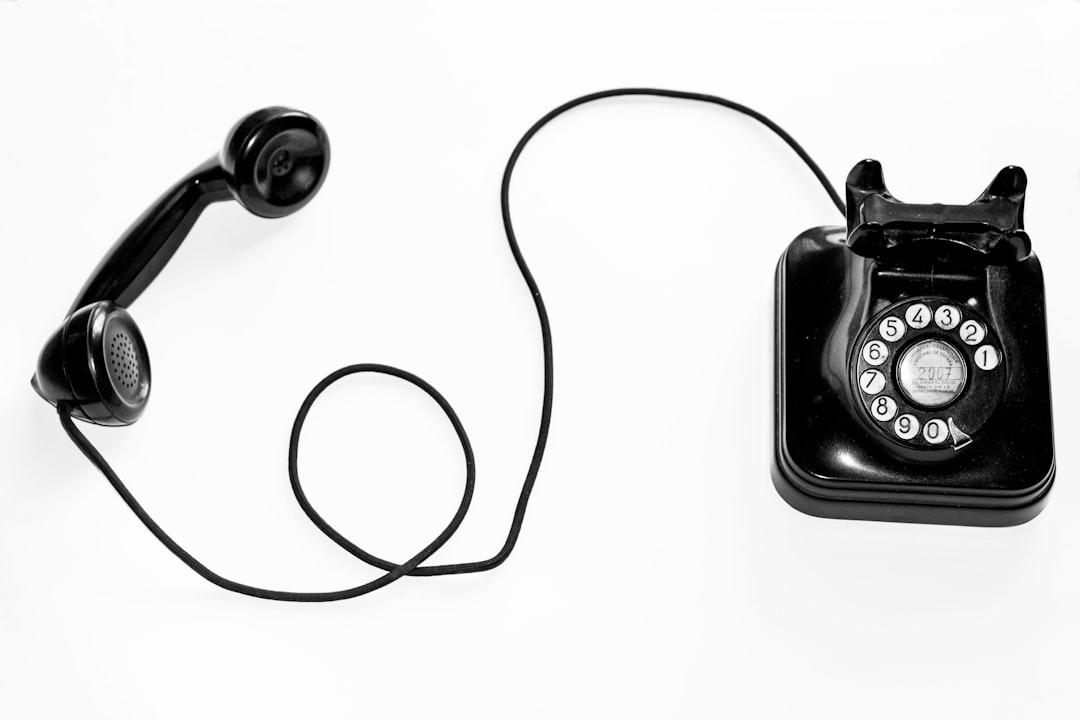Nonprofits in Indiana using autodialers for marketing and communication face legal challenges regarding privacy laws and consumer protection. The Indiana Attorney General's Office enforces these rules, emphasizing the need for nonprofits to understand state and federal guidelines, such as obtaining explicit consent and providing opt-out options. Consulting with an autodialer lawyer or law firm specializing in nonprofit law is crucial to avoid penalties, protect donor relationships, and ensure compliance with the TCPA and CAN-SPAM Act, thereby safeguarding reputations and enabling effective fundraising through ethical autodialing practices.
“In the digital age, nonprofit organizations in Indiana increasingly rely on autodialing services to engage their supporters and donors. However, the legal framework surrounding autodialers is complex and ever-evolving. This article explores the intricate balance between effective communication tools and compliance with Indiana’s regulations. We delve into the legal implications of autodialers, navigate the current landscape for nonprofits, and highlight the crucial role an experienced autodialer lawyer plays in ensuring data privacy and organizational integrity. By understanding these dynamics, Indiana’s nonprofit sector can leverage autodialing while staying within legal boundaries.”
Understanding Autodialers and Their Legal Implications in Indiana
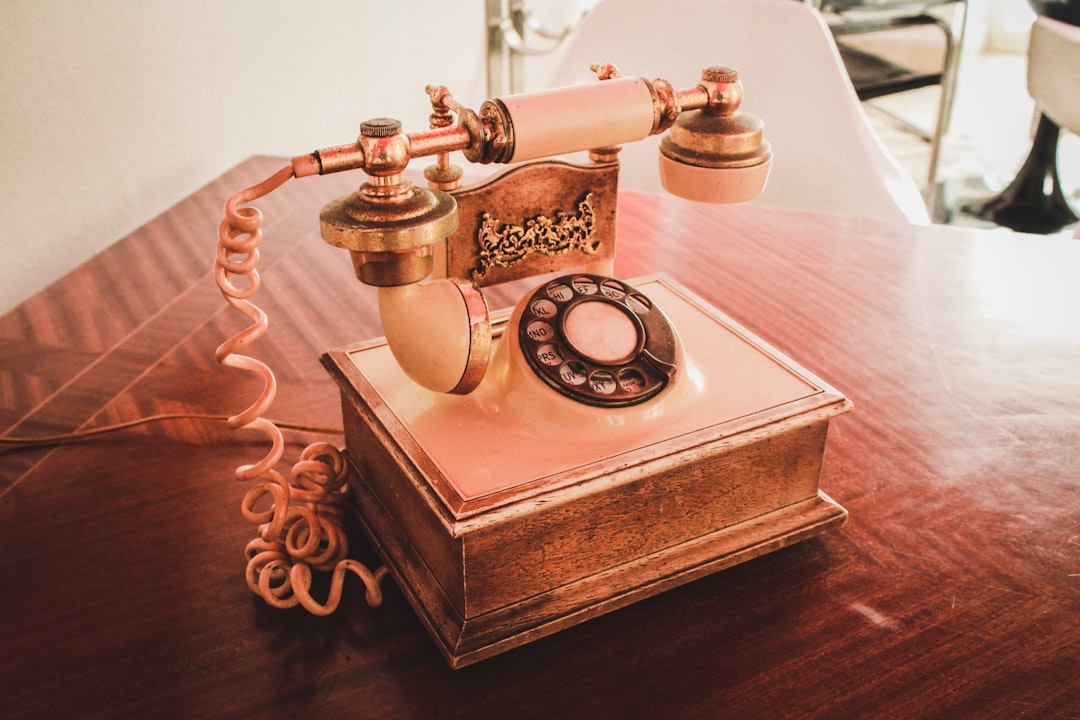
In Indiana, an autodialer refers to a technology that uses automated phone dialing systems (ATDS) to make or send voice messages to telephone numbers. These devices are commonly used by businesses and nonprofits for marketing, fundraising, or communication purposes. However, their widespread use has raised legal concerns regarding compliance with privacy laws and consumer protection regulations. The Indiana Attorney General’s Office plays a crucial role in enforcing these laws, ensuring that autodialers adhere to the state’s specific guidelines.
Nonprofits utilizing autodialing services must be aware of the legal implications to avoid potential penalties. An autodialer lawyer in Indiana can guide organizations through this complex landscape, ensuring they navigate the appropriate legal framework. By consulting with an experienced autodialer attorney or law firm in Indiana, nonprofits can protect themselves from lawsuits and regulatory actions related to their use of automated phone dialing systems. This proactive approach is essential to maintaining compliance and safeguarding the organization’s reputation.
Navigating the Current Laws and Regulations for Nonprofit Organizations
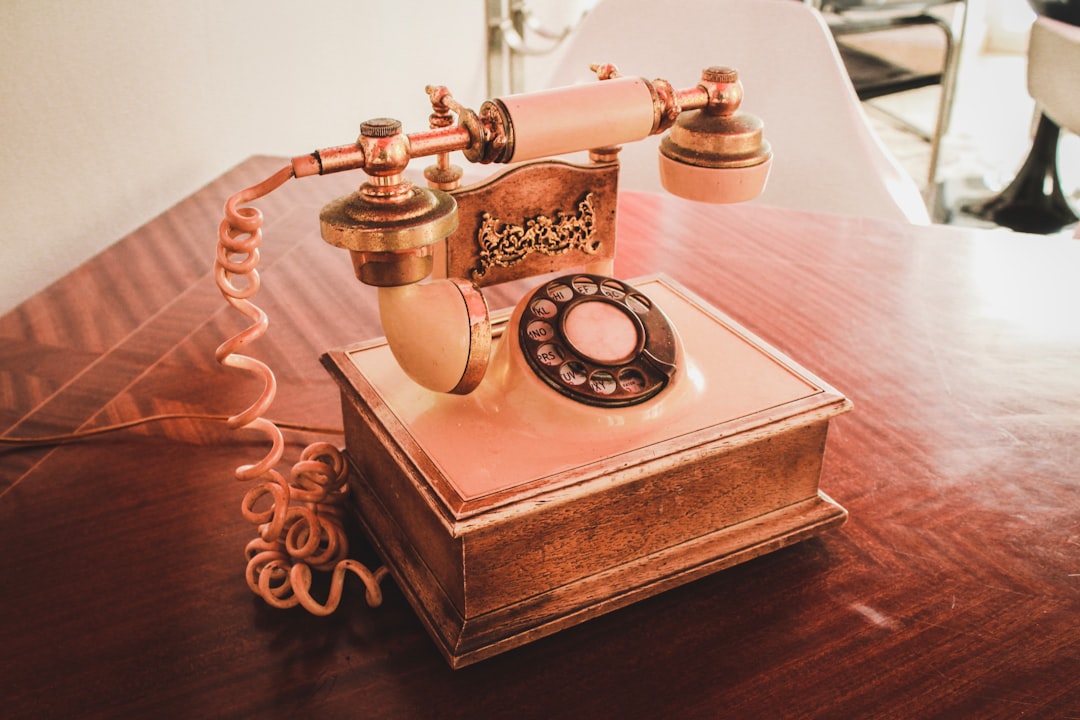
Navigating the legal landscape surrounding autodialers in Indiana’s nonprofit sector requires a deep understanding of current laws and regulations. With advancements in technology, autodialing has become an integral part of fundraising and communication strategies for many nonprofits. However, this practice must adhere to strict rules to ensure compliance and protect donors’ rights. The key lies in balancing the organization’s outreach efforts with consumer privacy protections.
Indiana’s legal framework pertaining to autodialers is designed to safeguard individuals from unwanted telemarketing calls while allowing nonprofits to effectively connect with their supporters. Nonprofit organizations must familiarize themselves with regulations set by state and federal authorities, such as obtaining explicit consent (opt-in) from recipients before making automated calls and providing a clear opt-out mechanism. Engaging the services of an autodialer lawyer Indiana or consulting with experienced autodialer attorneys Indiana is advisable to ensure compliance and avoid potential legal pitfalls associated with improper use of autodialing technology. Reputable autodialer law firms Indiana can offer specialized guidance tailored to the unique needs of nonprofits, fostering a harmonious relationship between fundraising efforts and legal obligations.
The Role of an Autodialer Lawyer in Ensuring Compliance in Indiana

In Indiana, navigating the legal complexities surrounding autodialers can be challenging for nonprofits. This is where an autodialer lawyer plays a pivotal role. These specialists are equipped with in-depth knowledge of state and federal regulations pertaining to automated telephone systems, ensuring nonprofits comply with laws such as the Telephone Consumer Protection Act (TCPA). An autodialer attorney in Indiana can help draft consent forms, implement opt-out mechanisms, and monitor calls to protect organizations from costly legal repercussions and reputational damage.
Hiring an autodialer lawyer in Indiana is not just about avoiding penalties; it’s a proactive measure to foster ethical communication practices. These legal professionals can provide guidance on best practices for using autodialers, including proper call timing, content, and frequency, thereby enhancing donor relationships and ensuring the nonprofit’s message resonates without intruding on privacy. With their expertise, nonprofits can harness the power of autodialers while maintaining compliance and upholding their mission.
Common Challenges Faced by Nonprofits Using Autodialing Services

Many nonprofits in Indiana turn to autodialing services to reach supporters and raise funds, but they often encounter legal challenges specific to this technology. One common issue is navigating the complex regulations around telemarketing and consumer protection laws. Since autodialers can quickly scale outreach efforts, nonprofits must ensure their messaging complies with Do-Not-Call lists, consent requirements, and privacy rights. Nonprofit organizations may also struggle with understanding and adhering to the legal boundaries of automated calls, including proper disclosures, opt-out mechanisms, and record-keeping obligations.
Additionally, ensuring compliance with the CAN-SPAM Act and state-specific rules can be complex for those utilizing autodialing services. Nonprofits might face challenges in obtaining proper consent, managing unsubscribe requests, and maintaining accurate records to demonstrate legal adherence. Engaging an experienced autodialer lawyer or attorney in Indiana who specializes in nonprofit law is crucial to navigate these complexities, ensuring organizations stay compliant while effectively utilizing autodialing technology for their fundraising initiatives.
Best Practices for Nonprofits: Protecting Your Organization and Data with an Autodialer Law Firm
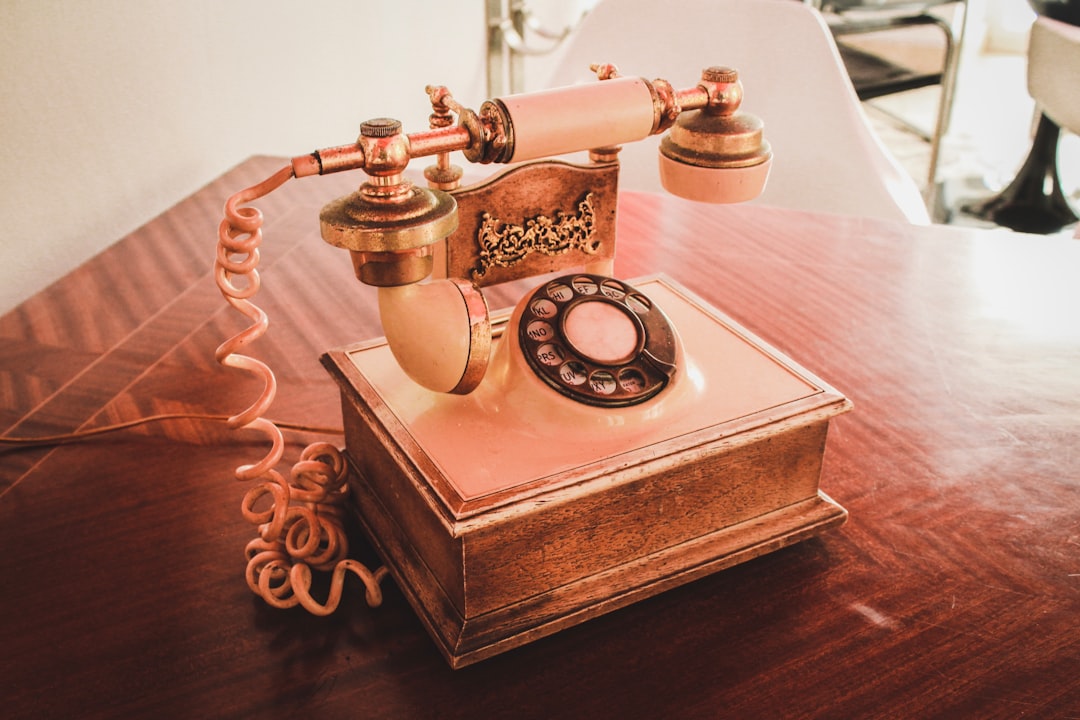
When utilizing an autodialer in Indiana’s nonprofit sector, it’s imperative to prioritize data security and organizational protection. Partnering with a reputable autodialer lawyer Indiana or autodialer law firm Indiana can significantly mitigate risks associated with automated dialing technologies. These legal experts can help nonprofits navigate the complex landscape of autodialer laws Indiana, ensuring compliance with regulations designed to safeguard consumer privacy.
Engaging an autodialer attorney Indiana or autodialer lawyers Indiana from the outset can protect your organization from potential fines and reputational damage. They can draft tailored agreements, implement robust data security protocols, and offer guidance on best practices for using autodialers ethically and responsibly. By entrusting this critical aspect to seasoned professionals, nonprofits can leverage the benefits of automated outreach while maintaining a strong legal defense against any breaches or misunderstandings.

